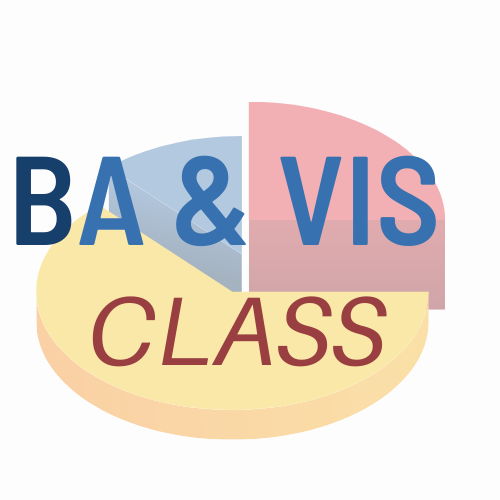Seminar for master degree student
- Teacher: VEERAPORN SIDDOO
Fundamental concepts and methods for verification and validation of software product; software reviews, software inspection, software testing; software problem analysis and reporting
ความรู้เบื้องต้นของธุรกิจดิจิทัล องค์ประกอบและสถาปัตยกรรมของธุรกิจดิจิทัล เทคโนโลยีที่ใช้ในการทำธุรกิจดิจิทัล กระบวนการทางธุรกิจ ตัวแบบธุรกิจ หลักการของพาณิชย์อิเล็กทรอนิกส์ การค้าในรูปแบบต่างๆ เช่น ธุรกิจกับธุรกิจ ธุรกิจกับลูกค้า การวางแผนทรัพยากรขององค์กร การจัดการห่วงโซ่อุปทาน การจัดการลูกค้าสัมพันธ์ การประสานโปรแกรมประยุกต์ขององค์กร การเงินและความปลอดภัยในการทำธุรกรรมดิจิทับ กฎหมายที่เกี่ยวข้อง แนวโน้มของธุรกิจดิจิทัลในอนาคต ตัวอย่างเทคโนโลยีที่นำมาประยุกต์ใช้ และกรณีศึกษา
Introduction to digital business; electronic business components and architectures; electronic commerce technology; business processes; business models; principles of electronic commerce, models in electronic commerce such as business-to-business, business-to-consumer; enterprise resource planning (ERP), supply chain management (SCM), customer relationship management (CRM), enterprise application integration (EAI), financial and security in digital transaction processing; laws and trends in electronic business; case studies
976-101 Principles of Digital Business and Marketing
Computer system, communication technology and networking, deployment of computer system in an organisation; computer data storing and processing, internet, intranet and extranet; internet/web technologies and applications; applications of software programming in business; basics of software programming for business purposes; relevant elements needed in software programming i.e. data types, iterating and making decisions, functions and arguments, OOP concept, version control and container concept; programming languages used in business
Computer system, communication technology and networking, deployment of computer system in an organisation; computer data storing and processing, internet, intranet and extranet; internet/web technologies and applications; applications of software programming in business; basics of software programming for business purposes; relevant elements needed in software programming i.e. data types, iterating and making decisions, functions and arguments, OOP concept, version control and container concept; programming languages used in business
The computer system, communication technology, and networking, deployment of a computer system in an organization; computer data storing and processing, internet, intranet, and extranet; internet/web technologies and applications; applications of software programming in business; basics of software programming for business purposes; relevant elements needed in software programming i.e. data types, iterating and making decisions, functions and arguments, OOP concept, version control, and container concept; programming languages used in business.
แนวคิดเบื้องต้นธุรกิจอัจฉริยะ วงจรชีวิตโครงการธุรกิจอัจฉริยะ การวิเคราะห์เชิงสหวิทยาการ เทคโนโลยีธุรกิจอัจฉริยะ การนำธุรกิจอัจฉริยะไปประยุกต์ใช้ในองค์กร การออกแบบโครงสร้างพื้นฐานสำหรับธุรกิจอัจฉริยะ การจัดการกระบวนการธุรกิจอัจฉริยะ แนวความคิดของแหล่งข้อมูลขนาดใหญ่และการประมวลผล เทคโนโลยีการวิเคราะห์เชิงสหวิทยาการ กระบวนการในการออกแบบและพัฒนาวิเคราะห์ธุรกิจเชิงสหวิทยาการ การแสดงผลและนำเสนอข้อมูล องค์ความรู้พื้นฐานในการวิเคราะห์เชิงสหวิทยาการ
Introduction to business intelligence system; business intelligence project lifecycle; multidimensional analysis; business intelligence technologies; applying business intelligence in organizations; designing business intelligence architectures; managing business intelligence operations; concept of big data and computing; analytics technology; processes of design and development in business analytics; data visualization and presentation; overview of foundation knowledge in analytics

This course combines a theoretical understanding of financial service systems, with a focus on data security and disruptive technologies, along with hands-on practical learning about emerging FinTech tools and platforms. Students will explore blockchain, cryptocurrency, and machine learning, alongside traditional banking systems, data encryption, and financial security protocols.

Relationship of organization and environment; strategic management process; SWOT analysis; strategic planning; business units and departments; development of vision, mission; strategic operations; strategic control; strategies in implementing information and communication technology; processes in transforming business towards digital trend; business and organizational impact analysis